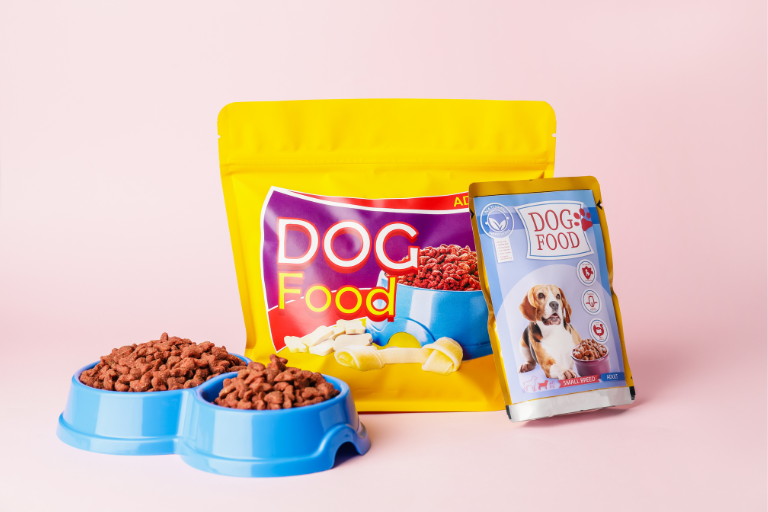Artificial sweeteners, such as xylitol, can pose significant risks to pets, particularly dogs, if ingested. The potential dangers associated with these sweeteners call for proactive measures from pet food manufacturers to ensure the safety of their products. In this article, we will explore how pet food manufacturers can address the potential risks associated with artificial sweeteners like xylitol. Additionally, we will optimize the content for keywords such as “dog food for kidney disease” and “dog food kidney disease.”
Table of Contents
Ingredient Selection and Labeling:
Pet food manufacturers should carefully select ingredients to avoid artificial sweeteners like xylitol, especially in products designed for dogs. Thorough ingredient sourcing and verification processes are crucial to ensure the absence of such substances in pet food. Additionally, clear and accurate labeling is essential to inform pet owners about the ingredients used and potential risks associated with artificial sweeteners. Transparent labeling empowers pet owners to make informed choices, particularly when selecting food for dogs with specific health conditions such as kidney disease.
Collaborating with Veterinary Nutritionists:
Collaboration with veterinary nutritionists is invaluable for pet food manufacturers when addressing potential risks associated with artificial sweeteners. These experts can provide guidance on suitable alternative ingredients or natural sweeteners that can be used in pet food formulas. By working closely with veterinary nutritionists, manufacturers can develop recipes that are safe, nutritious, and tailored to the specific dietary needs of dogs, including those with kidney disease.
Rigorous Quality Control Measures:
Implementing rigorous quality control measures is essential in ensuring the absence of artificial sweeteners in pet food. Regular testing and analysis of both raw ingredients and finished products help detect any traces of artificial sweeteners like xylitol. Manufacturers should establish strict thresholds for these substances and ensure compliance with safety standards. By maintaining robust quality control protocols, pet food manufacturers can provide assurance to pet owners about the safety of their products, particularly for dogs with kidney disease.
Educating Pet Owners:
Educating pet owners about the potential risks associated with artificial sweeteners is vital. Pet food manufacturers can play a crucial role in raising awareness through various channels, such as product packaging, websites, and educational materials. Providing clear and concise information about artificial sweeteners and their potential dangers encourages pet owners to make informed choices when selecting food for their pets. Specifically, for dogs with kidney disease, manufacturers can offer guidance on appropriate dietary options that support their specific nutritional needs.
Tailored Formulas for Dogs with Kidney Disease:
Pet food manufacturers can develop specialized formulas specifically designed for dogs with kidney disease. These formulas can be carefully crafted to address the unique dietary requirements of dogs with compromised kidney function. By considering the reduced protein, phosphorus, and sodium needs of these dogs, manufacturers can create nutritionally balanced options that support their health while avoiding artificial sweeteners and other potentially harmful ingredients.
In Conclusion

Addressing the potential risks associated with artificial sweeteners, such as xylitol, is essential for pet food manufacturers. By focusing on ingredient selection and labeling, collaborating with veterinary nutritionists, implementing rigorous quality control measures, educating pet owners, and developing tailored formulas for dogs with kidney disease, manufacturers can ensure the safety and well-being of pets. Offering suitable options for dogs with specific health conditions, like kidney disease, allows pet owners to provide optimal nutrition without the risk of artificial sweeteners. By prioritizing these measures, pet food manufacturers contribute to the health and longevity of our beloved pets.








